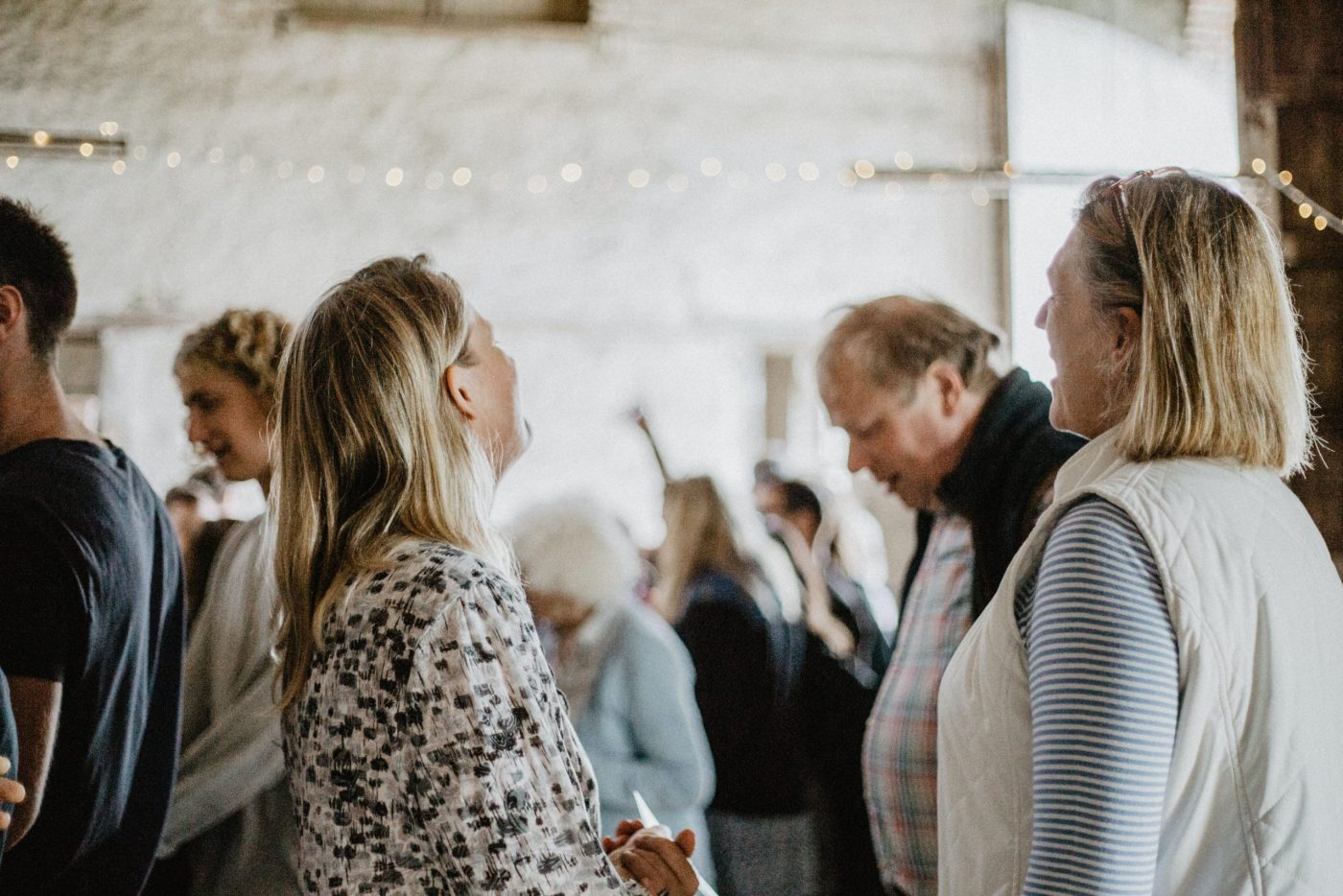
Social anxiety is more than shyness. It’s a fear that does not go away and affects everyday activities, self confidence, relationships and work or school life.
Many people occasionally worry about social situations, but someone with social anxiety feels overly worried before, during and after them.
You may have social anxiety if you:
- worry about everyday activities, such as meeting strangers, starting conversations, speaking on the phone, working or shopping
- avoid or worry a lot about social activities, such as group conversations, eating with company and parties
- always worry about doing something you think is embarrassing, such as blushing, sweating or appearing incompetent
- find it difficult to do things when others are watching – you may feel like you’re being watched and judged all the time
- fear being criticised, avoid eye contact or have low self-esteem
- often have symptoms like feeling sick, sweating, trembling or a pounding heartbeat (palpitations)
- have panic attacks, where you have an overwhelming sense of fear and anxiety, usually only for a few minutes
Many people with social anxiety also have other mental health issues, such as depression, generalised anxiety disorder or panic disorder.
A number of treatments are available for social anxiety.
The main options are:
- cognitive behavioural therapy (CBT) with a therapist, which is therapy that helps you identify negative thought patterns and behaviours, and change them; this can be done with just you and a therapist, in a group or with your parents or carers
- guided self-help, which involves working through a CBT-based workbook or online course with regular support from a therapist

Treatments & Resources






